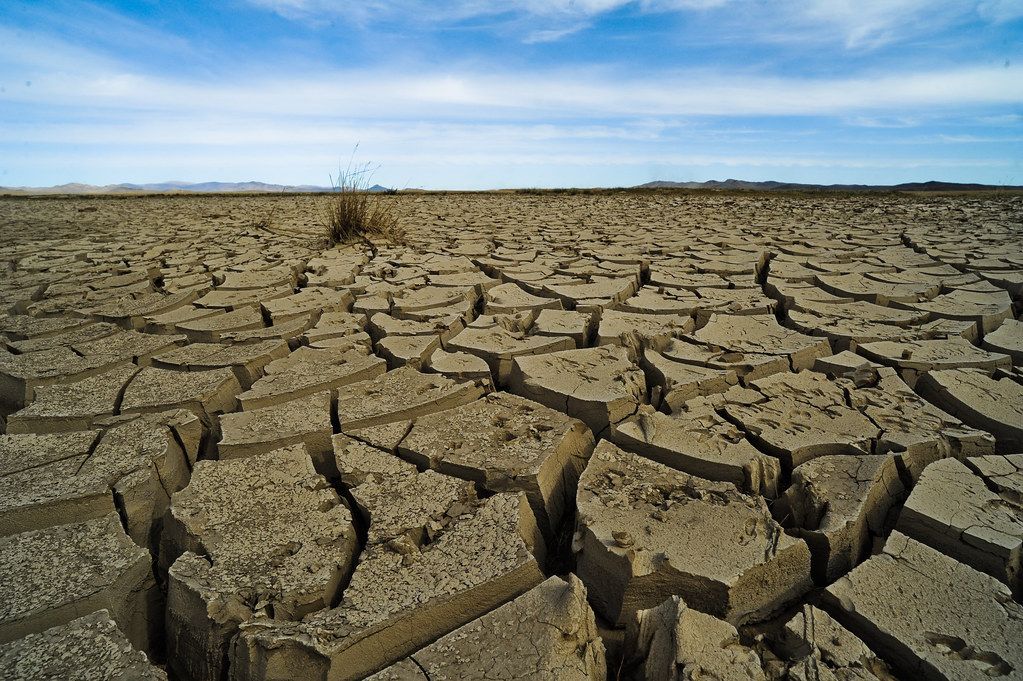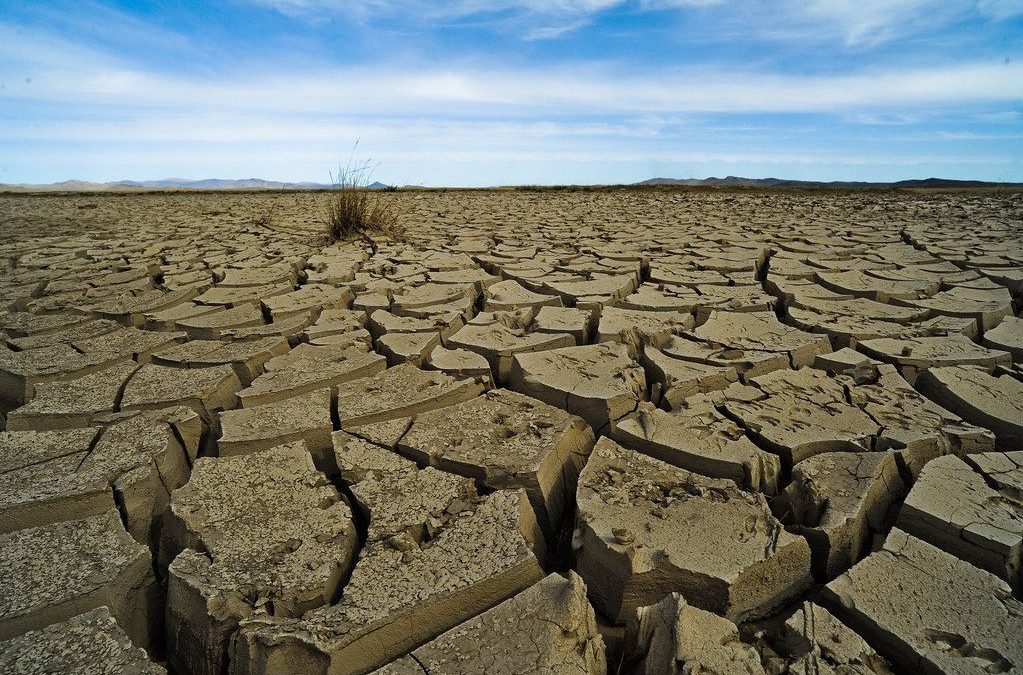
The near future will see continued population growth worldwide, and the IPCC report shows a significant risk of a lack of soil moisture; a combination that risks periods of food shortages as a result of crop failure in agriculture.
One method of counteracting this is through genetic modification of plants so that their pores are blocked to prevent them from releasing water that they have already absorbed. However, the method is expensive and time-consuming, and countries with the greatest need, as a result of poorer economic opportunities and greater geographic vulnerability, may thus be the ones with the worst opportunity to prevent stunted growth.
A research team at the RIKEN Center for Sustainable Resource Science, in Japan, has now come out with a new study that tests another method to prevent the drought – and it shows extremely promising results, the institute announces on its website.
In the study, plants were supplied with ethanol for three days and then deprived of a new supply of water for a period of two weeks. When they then watered the plants again after two weeks, approximately 75 percent of the rice and wheat plants that had been treated with ethanol survived. The difference to the control group that did not receive ethanol treatment was big, where fewer than 5 percent of the plants survived.
How does it work?
After proving that the method works, the study went on to investigate how, using Arabidopsis, a plant whose genome has been completely mapped. Motoaki Seki, lead researcher in the study, summarizes the conclusion of the analysis as a combination of different events:
First of all, drought-related genes are activated when the ethanol is added to the soil, thus the plants have their natural defenses activated even before the drought hits. Then the plants close their stomata, allowing them to retain the water they have already absorbed. In addition to that, the plants use the ethanol to manufacture various sugars, which they then use for energy absorption – and thus can continue carrying out photosynthesis despite the lack of a new supply of water.





